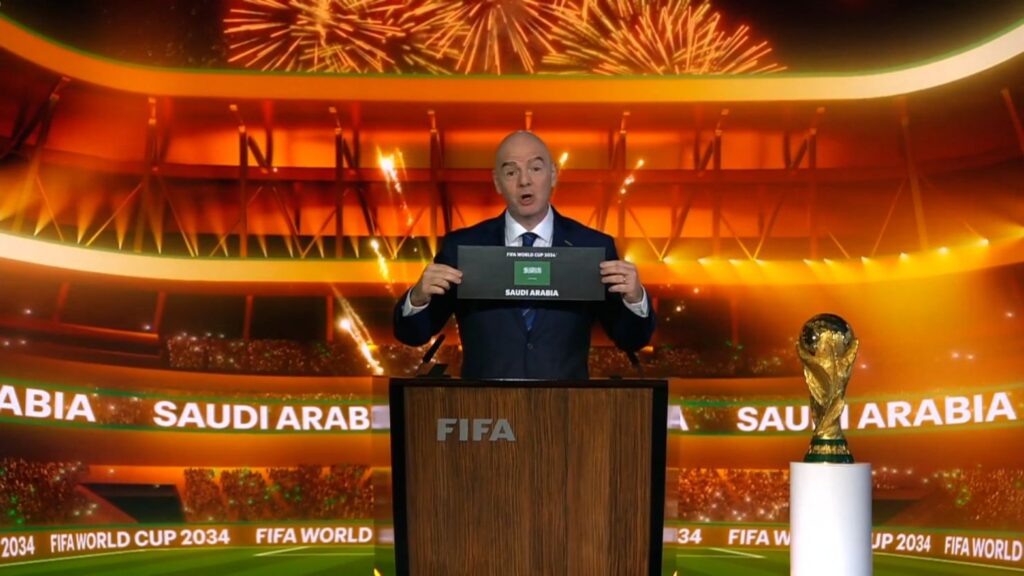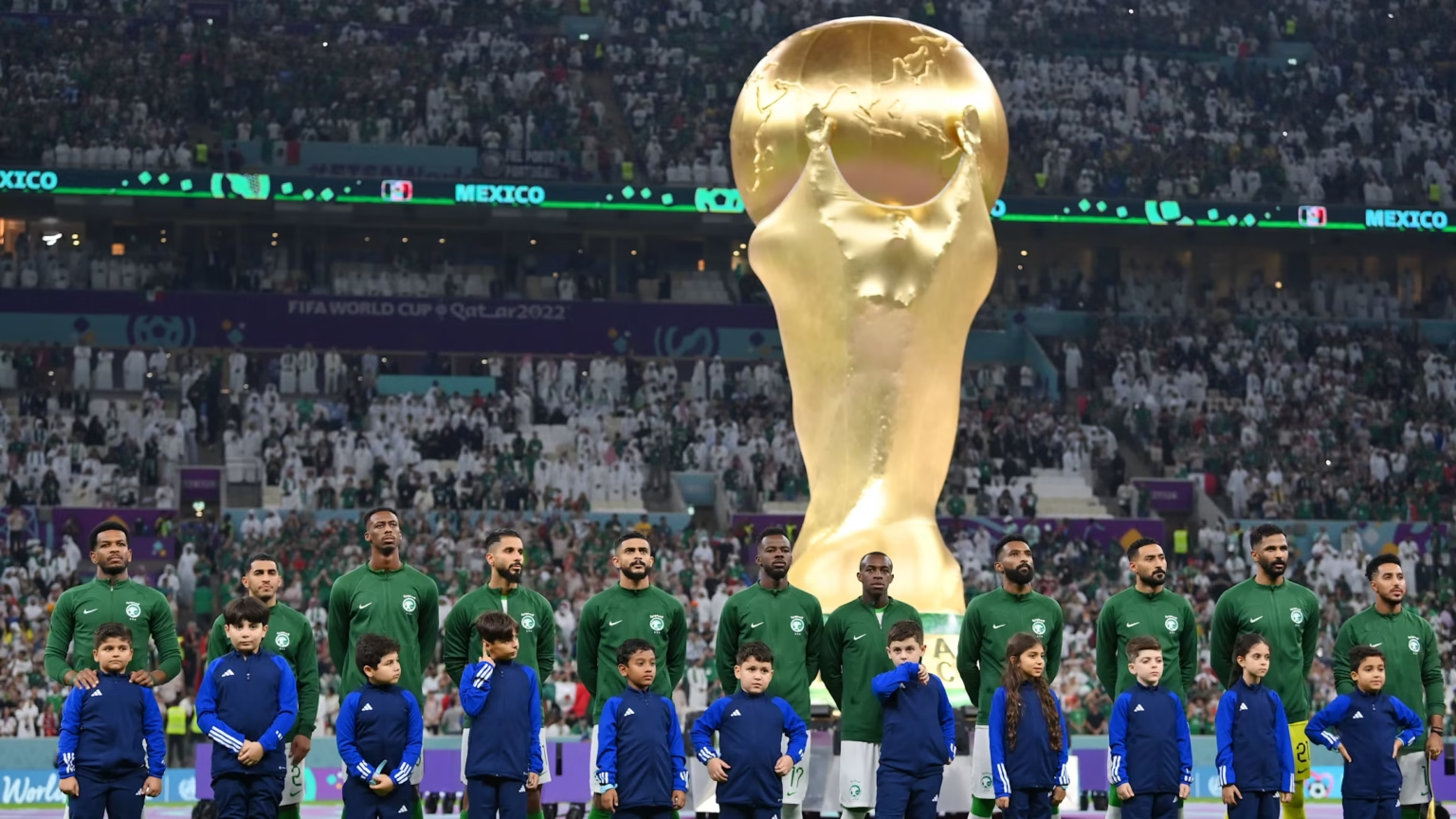Ministry of Interior football league participation is making waves across the country. What began as a simple announcement has quickly turned into one of the most talked-about stories in both sports and public affairs. The Ministry’s decision to field a team in a national football league has sparked curiosity, surprise, and even debate about why a government body known for law enforcement and security would join the world of competitive sports.
This development is more than just a sports story—it reflects deeper themes of community engagement, soft power, and the evolving role of public institutions in society. To understand the significance of this surprising move, it is important to look at the motivations, reactions, and possible outcomes.
Why the Ministry of Interior is joining football
The Ministry of Interior football league decision is not as unusual as it first seems. Around the world, military and police teams have long been part of sports competitions. They often aim to build camaraderie, boost morale, and strengthen ties with the public.
For the Ministry, joining football is an opportunity to:
- Promote health and fitness among its officers
- Strengthen community relations through sports
- Showcase a softer, more approachable side of the institution
- Inspire youth participation in athletics
Officials argue that football, the most popular sport in the region, offers a perfect platform to connect with citizens beyond traditional policing roles.
Public reactions: excitement and skepticism
The public response to the Ministry of Interior football league entry has been mixed. Some fans are excited, seeing it as a refreshing way for a government body to engage with communities. Many young supporters are curious to see whether the Ministry’s team can compete with professional clubs.
On the other hand, skeptics question whether resources should be used for sports when law enforcement faces other challenges. Critics argue that while community outreach is important, the Ministry’s main focus should remain on security and governance.
Building a new identity through sports
For the Ministry, the football league is a stage to reshape its public image. Traditionally seen as a strict authority figure, the Ministry now has a chance to show a different side—one that is approachable, relatable, and human.
Sports can bridge gaps between citizens and institutions. A football team that competes, interacts with fans, and participates in community events can soften public perception and encourage dialogue.

Impact on football culture
The entry of the Ministry of Interior football league team is also reshaping the sports landscape. It adds a new layer of competition, bringing in players who may have backgrounds in discipline and teamwork from their service.
This move could:
- Raise the competitiveness of the league
- Attract new fans who identify with the Ministry’s mission
- Increase sponsorship opportunities due to the unique team identity
- Inspire other public sector organizations to explore sports participation
Some analysts believe this development could spark a wave of institutional teams in national leagues, potentially changing the way football is organized.
Regional and global comparisons
The Ministry of Interior football league experiment is not happening in isolation. Globally, teams such as CSKA Moscow (originally linked to the Soviet army) or Egypt’s police and military clubs show that institutional participation in football has long-standing precedents.
By following this path, the Ministry of Interior aligns itself with a tradition where sports serve both as entertainment and as a tool for national identity building.
Challenges ahead
While the move is bold, success is not guaranteed. The Ministry’s football team faces several challenges:
- Gaining legitimacy among established football clubs
- Avoiding the perception that it enjoys unfair advantages
- Balancing its dual identity as both a security institution and a sports competitor
- Ensuring sustainable funding and long-term commitment
If these challenges are not addressed, the project risks being dismissed as a short-lived experiment.
The bigger picture
The Ministry of Interior football league entry is about more than scoring goals. It reflects a larger trend where government institutions seek to engage citizens in new ways. Sports, with its power to unite people, offers a natural pathway for such engagement.
In a time when institutions need to build trust and transparency, football may become an unexpected but powerful bridge.
Conclusion
The Ministry of Interior football league participation is a surprising yet strategic move. It has stirred curiosity, sparked debate, and opened fresh opportunities for community engagement. Whether this experiment becomes a lasting success or a brief headline depends on how the Ministry balances its traditional responsibilities with its new role in sports.
What is certain is that this story has already captured public attention, proving that football remains more than a game—it is a platform where identity, politics, and society intersect.
Do follow on: Instagram
Read More: Hamilton Debuts with Ferrari: Day 1 Bahrain Testing Highlights



